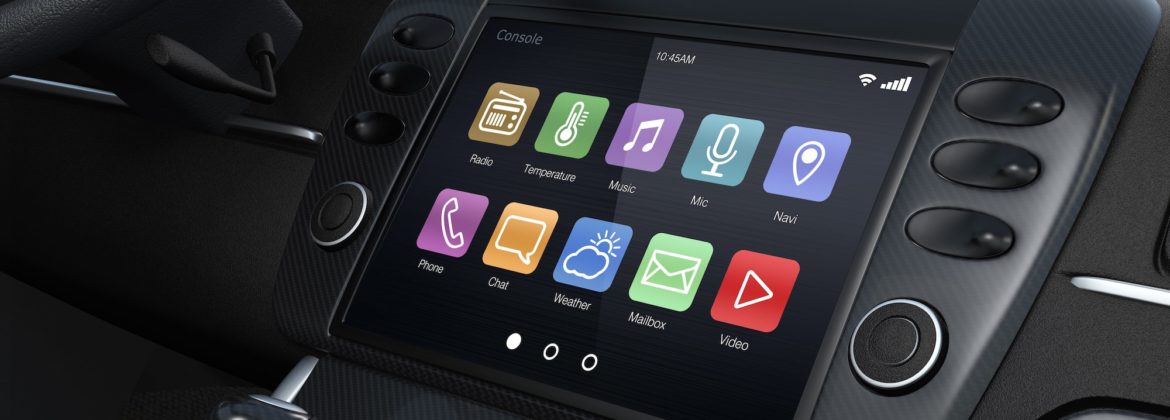Survey Reveals Connected Car Hacking Vulnerabilities

CarGuru findings show consumers need to be aware of risks
As car connectivity becomes more the norm and as the technology gets more sophisticated, so does the likelihood that more and more of these vehicles, whether they be individually owned or part of a car rental fleet, will be vulnerable to some form of cybercrime.
The results of a survey released earlier in 2019 by automotive shopping site CarGuru revealed a rather sobering prophecy after polling more than a thousand respondents. Equally alarming was that the vast majority of those who took part in the project were unaware of safeguards they could undertake on their own to minimize the possibilities of being hacked.
According to the findings, more than 60 percent of those surveyed didn’t realize their lives could be put in danger due to hackers being able to get control of their vehicle’s brakes and steering wheel. In most cases, this can be done by cybercriminals getting access to vehicular WiFi units that retrieve data for such services as GPS maps and other navigation software. In short, the system in the vehicle is like a computer on wheels, and without the appropriate security software, they’re prone to being compromised and placing the driver and passengers in obvious danger.
Roughly one-third of respondents were unaware that a key fob is one convenient way for outsiders to hack their way into a connected car and drive away with it. Security experts call this method a relay attack, which uses a special receiver to retrieve a signal emitted by a fob near the vehicle. The receiver transmits that same signal to the vehicle, which is subsequently unlocked, started and stolen.
Just less than two-thirds of participants falsely believed that it was mandatory for automakers to let car owners know about security and software updates. Manufacturers do send that information if requested by the customer, but there’s no legal obligation to inform them unless prompted. That said, automakers are required by law to inform purchasers of any recalls.
Finally, about 88 percent of those surveyed didn’t realize the hazards of linking their smart phone with their internet-enabled vehicles. While any hacking of that sort isn’t likely to compromise the automobile, the real security risk involves losing valuable information stored on the phone, from contact lists to other personal information.
For those who want to test their knowledge about protection against cyberhacking, Car Gurus is making the survey, Data Security in Connected Cars, available online until further notice.